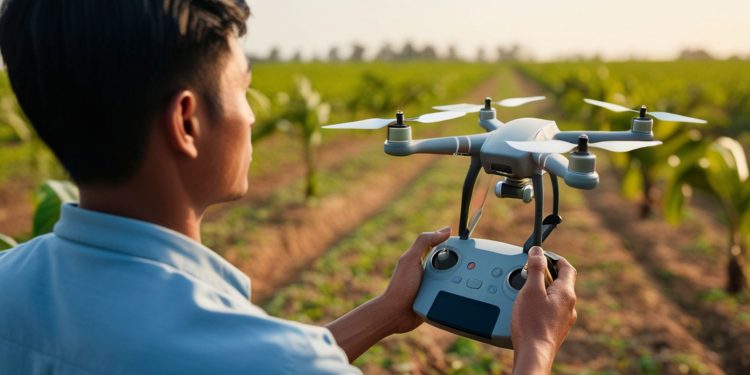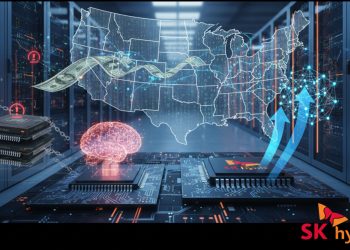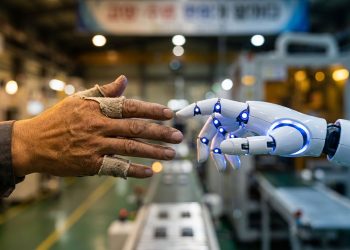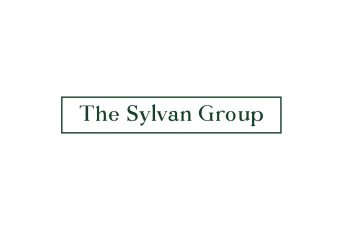Government outlines 10 AI-led public service projects, including real-time price comparison for farm goods and strategic AI cooperation with the UAE.
South Korea is preparing to launch an AI-powered platform for agricultural products in 2026, aiming to make price information more transparent and easier to access for both consumers and farmers. The government said the platform will compare agricultural prices in real time and use artificial intelligence to analyze market trends and recommend optimal purchasing options. The initiative forms part of a broader national strategy to deploy AI across essential public services such as healthcare, consumption, taxation and safety.
The announcement came during the first meeting of a newly formed government consultation group composed of science and technology-related officials, including the Ministry of Science and ICT. The group confirmed the launch of 10 AI-driven projects, signalling a nationwide push toward AI-enabled governance. In parallel, South Korea’s presidential AI committee said it will create a task force to advance cooperation with the United Arab Emirates, following agreements reached during last week’s summit between President Lee Jae Myung and UAE President Mohamed bin Zayed Al Nahyan.
AI Agriculture Platform: Real-Time Pricing and Supply Insights
The agricultural price comparison platform is one of four major initiatives that will each receive 10 billion won (US$6.79 million) over the next two years. The remaining six projects will receive 3 billion won each. The service will use location data and market analysis to suggest the best places to purchase farm products and recommend alternatives when supply constraints trigger price surges. Pilot testing will begin in the second half of 2025.
Key functions of the platform:
- Real-time price comparison across regions
- Personalized recommendations based on consumer location
- Alternative product suggestions during shortages
Officials say the tool is designed to support efficient spending and reduce market volatility while helping the farming sector adjust to rapid demand changes.
AI for Consumer Safety: Next Step in Digital Governance
A second major project — the AI Safety Guardian for Human-Applied Products — is scheduled to launch in 2027. The mobile app will display safety data and licensing details for food, pharmaceuticals, cosmetics and medical devices. It will also offer regulatory guidance and real-time consultation support, automating a process that currently relies heavily on manual reviews.
Authorities say the initiative aims to improve transparency and accelerate safety checks. By centralizing regulatory information into a single platform, the government expects faster resolution of compliance questions and easier access for the public.
Cultural Accessibility Through AI
To promote tourism and heritage preservation, the government will develop an AI guide for national heritage sites. The system will provide virtual commentary in multiple languages — always available and not limited by operating hours or staff availability. Officials expect the service to reduce dependence on human tour guides while expanding cultural access for international visitors.
Improving Tax Services with AI Advisory Tools
Tax filing is another area set for AI integration. A new AI tax adviser will provide support during periods when civil service lines are overloaded. Users will receive guidance through chatbots and automated call systems. Authorities expect the tool to reduce waiting times and increase accessibility for individuals and businesses struggling to meet tax deadlines.
AI-Assisted Policing and Public Safety
The government is also exploring ways to apply AI in policing, including:
- Transportation management
- Real-time safety monitoring
- Detection of online crime
The goal is to strengthen decision-making using data and predictive technology. Officials emphasized that AI will assist, not replace, law enforcement officers — particularly in complex judgement scenarios.
Strategic AI Partnership with the UAE
South Korea’s AI strategy includes international partnerships. A task force will be formed to deepen cooperation with the United Arab Emirates, particularly after seven memorandums of understanding (MOUs) were signed during the Seoul–Abu Dhabi summit. The working groups will operate under key ministries, including the Ministry of Science and ICT and the Ministry of Climate, Environment and Energy.
One of the most significant collaborations involves South Korea joining the UAE’s Stargate project, which aims to build a large-scale AI data center cluster in Abu Dhabi. The first facility — a 200-megawatt center — is set to begin operations next year as part of a long-term plan to develop a 5-gigawatt AI campus.
Conclusion: A Test Case for AI-Driven Governance
South Korea’s AI initiatives demonstrate a shift toward data-based decision-making and service automation in public administration. Agriculture — historically shaped by volatile supply and demand — is being used as a testbed for real-time AI deployment. The results could influence other sectors such as energy, healthcare and transportation.
With international cooperation and domestic deployment moving in parallel, South Korea appears determined to position itself as a leading testbed for AI-based governance. If successful, the 2026 agriculture platform could become a model for how governments apply AI to everyday economic functions — from food prices to tax filings.







